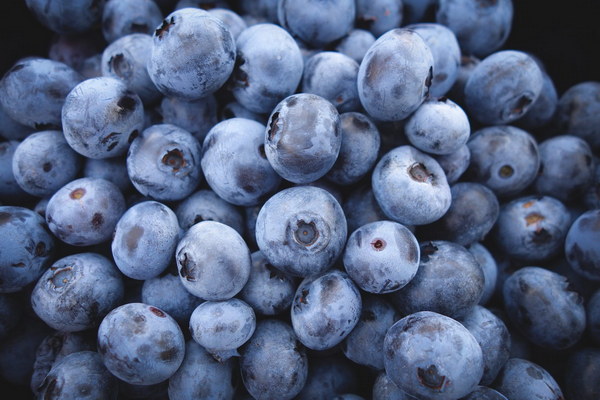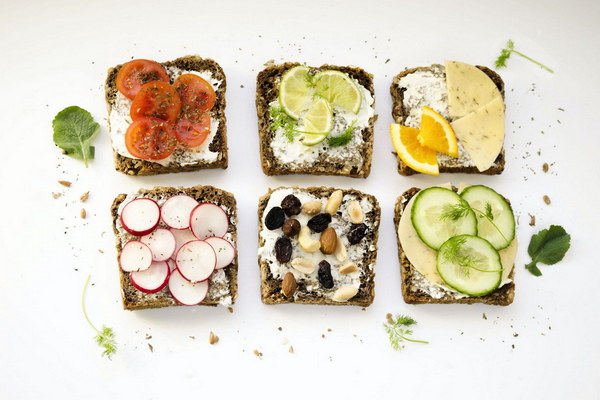Nourishing Your Postpartum Headaches A Comprehensive Guide to Dietary Remedies
Postpartum dizziness is a common condition that can leave new mothers feeling disoriented and exhausted. While it's essential to consult with a healthcare professional for proper diagnosis and treatment, dietary adjustments can significantly alleviate symptoms. This article delves into the world of postpartum dizziness and provides a comprehensive guide to dietary remedies that can help you nourish your body and mind.
Understanding Postpartum Dizziness
Postpartum dizziness can occur due to various reasons, including:
1. Dehydration: The body loses significant amounts of fluid during labor and delivery.
2. Anemia: Iron deficiency can lead to fatigue and dizziness.
3. Low blood pressure: Hormonal changes and blood volume fluctuations can cause blood pressure to drop.

4. Insufficient rest: New mothers often face sleep deprivation, which can contribute to dizziness.
Dietary Remedies for Postpartum Dizziness
1. Hydration: Drink plenty of water throughout the day to stay hydrated. Aim for at least 8-10 glasses a day. You can also incorporate hydrating foods like cucumber, watermelon, and oranges into your diet.
2. Iron-rich Foods: Incorporate iron-rich foods into your diet to combat anemia. Include lean meats, poultry, fish, beans, lentils, tofu, and fortified cereals. Dark leafy greens like spinach and kale are also excellent sources of iron.
3. Vitamin C: Vitamin C enhances iron absorption. Include citrus fruits, strawberries, bell peppers, and tomatoes in your diet to ensure you're getting enough vitamin C.
4. Vitamin B12: Vitamin B12 is crucial for red blood cell production and energy levels. Consume vitamin B12-rich foods such as fish, meat, eggs, dairy, and fortified cereals.
5. Folic Acid: Folic acid is essential for preventing anemia and supporting the growth of red blood cells. Include foods like leafy greens, beans, lentils, and fortified cereals in your diet.
6. Foods High in Potassium: Potassium helps regulate blood pressure and fluid balance. Incorporate potassium-rich foods such as bananas, avocados, sweet potatoes, and kiwi into your diet.
7. Healthy Fats: Include sources of healthy fats like avocados, nuts, seeds, and olive oil. These fats can help improve brain function and provide energy.
8. Balanced Meals: Ensure you're consuming a balanced diet with a variety of nutrients. Include whole grains, lean proteins, and a variety of fruits and vegetables in your meals.
9. Herbs and Spices: Certain herbs and spices can help alleviate dizziness. Include ginger, turmeric, and black pepper in your diet. You can add these ingredients to soups, smoothies, or teas.
10. Rest and Relaxation: While dietary adjustments can help, it's equally important to rest and relax. Make sure you're getting enough sleep and take breaks throughout the day to reduce stress.
Conclusion
Postpartum dizziness can be a challenging experience, but with the right dietary adjustments, you can alleviate symptoms and improve your overall well-being. Remember to consult with a healthcare professional for personalized advice and always prioritize your health and the health of your baby. By incorporating these dietary remedies into your postpartum routine, you can nourish your body and mind, ensuring a smooth recovery and a healthy start to motherhood.









